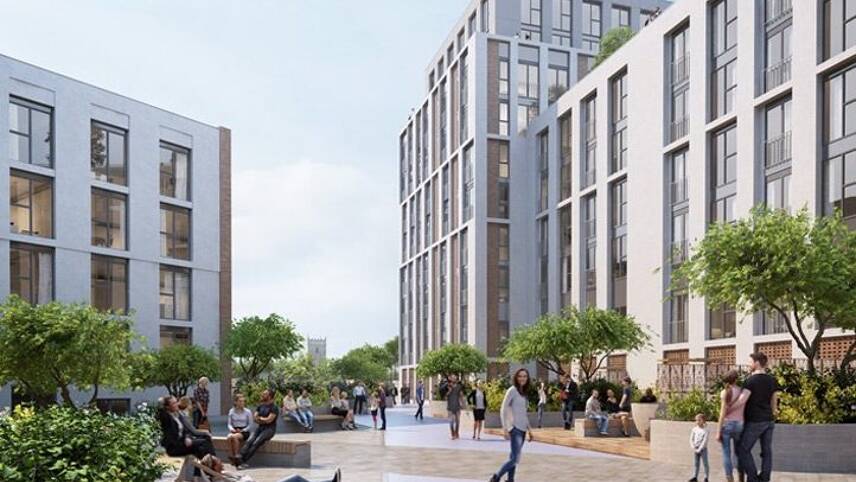Register for free and continue reading
Join our growing army of changemakers and get unlimited access to our premium content

The technologies will drive the city towards its goal of becoming carbon neutral by 2030
The Bristol Heat Network currently uses a number of combined heat and power (CHP) units to provide low-carbon heat to more than 1,000 social housing properties. However, a new commercial agreement will see real estate firm LinkCity’s Castle Park View development connect to the energy centres via a network of pipes to serve 375 new homes by 2022.
Councillor Kye Dudd, Cabinet Member for Energy and Transport said: “It’s great to see the council working closely with developers to deliver some much-needed affordable housing as well as solutions to help our city achieve carbon neutrality.
“We’re in discussions with a number of new developers in the city centre and with supportive planning conditions in place we have high hopes that this connection will be the first of many.”
Alongside connecting housing developments to the low-carbon heat network, Bristol City Council is looking to embed new technologies to help reduce emissions further. Water-source heat pumps that capture heat from a floating harbour have been mooted as a potential innovative addition.
The technologies will drive the city towards its goal of becoming carbon neutral by 2030 – 20 years ahead of the original target set in 2015.
Heat networks
Research from the Energy Technologies Institute (ETI) suggests that the installation of district heat networks could reduce the capital cost of the UK’s heat networks by up to 40%. As a result, councils are turning to innovative heating solutions to lower costs and reduce emissions.
Last year, the £35m Leeds PIPES network, developed in partnership with energy company Vital Energi, was launched by Leeds City Council. It is projected to slash the city’s CO2 emissions by 22,00 tonnes.
More recently, Scotland is set to welcome its first large-scale water source heat pump scheme, that will take heat from the river Clyde to provide heat and hot water for a nearby district heating network. Also delivered by Vital Energi, the two 2.5MW water source heat pumps will be used to provide heat for the up to 1,200 houses and businesses and public buildings as part of the £250m Queen’s Quay Development project in Clydebank.
The Government is attempting to incentivise the deployment of low-carbon heating projects. In October 2018, a £320m scheme was launched to assist commercialisation of technologies across the UK’s public, private and domestic sectors.
Matt Mace


Please login or Register to leave a comment.